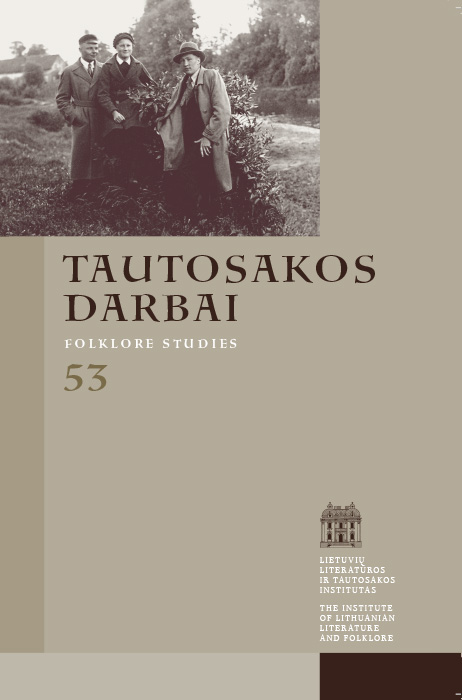Lietuvos partizanų pogrindžio valstybės bruožai
Santrauka
Per pirmąjį Lietuvos nepriklausomybės dešimtmetį partizaninio karo istorijai parodytas didelis dėmesys pamažu sumenko. Per kelis pastaruosius metus jį atgaivino geopolitiniai įvykiai Rytų Europoje, bet naujų partizaninio karo istorijos interpretacijų nebuvo pateikta. Šiame straipsnyje, pirmenybę teikiant pirminiams šaltiniams, siūloma nauja partizaninio karo interpretacija, kurios pagrindas – istoriko Dovydo Fainhauzo (Dawid Fajnhauz) pogrindžio valstybės teorinis modelis. Lietuvos partizanų pogrindžio valstybės (re)-konstrukcija – nauja partizaninio karo interpretacija, kuri grindžiama keturių šaltinių grupių (partizanų dokumentų, sakytinės istorijos, daiktų ir vietų) visuma; į pirmąją vietą keliami ne sovietiniai, bet Lietuvos partizanų kovos dokumentai.
